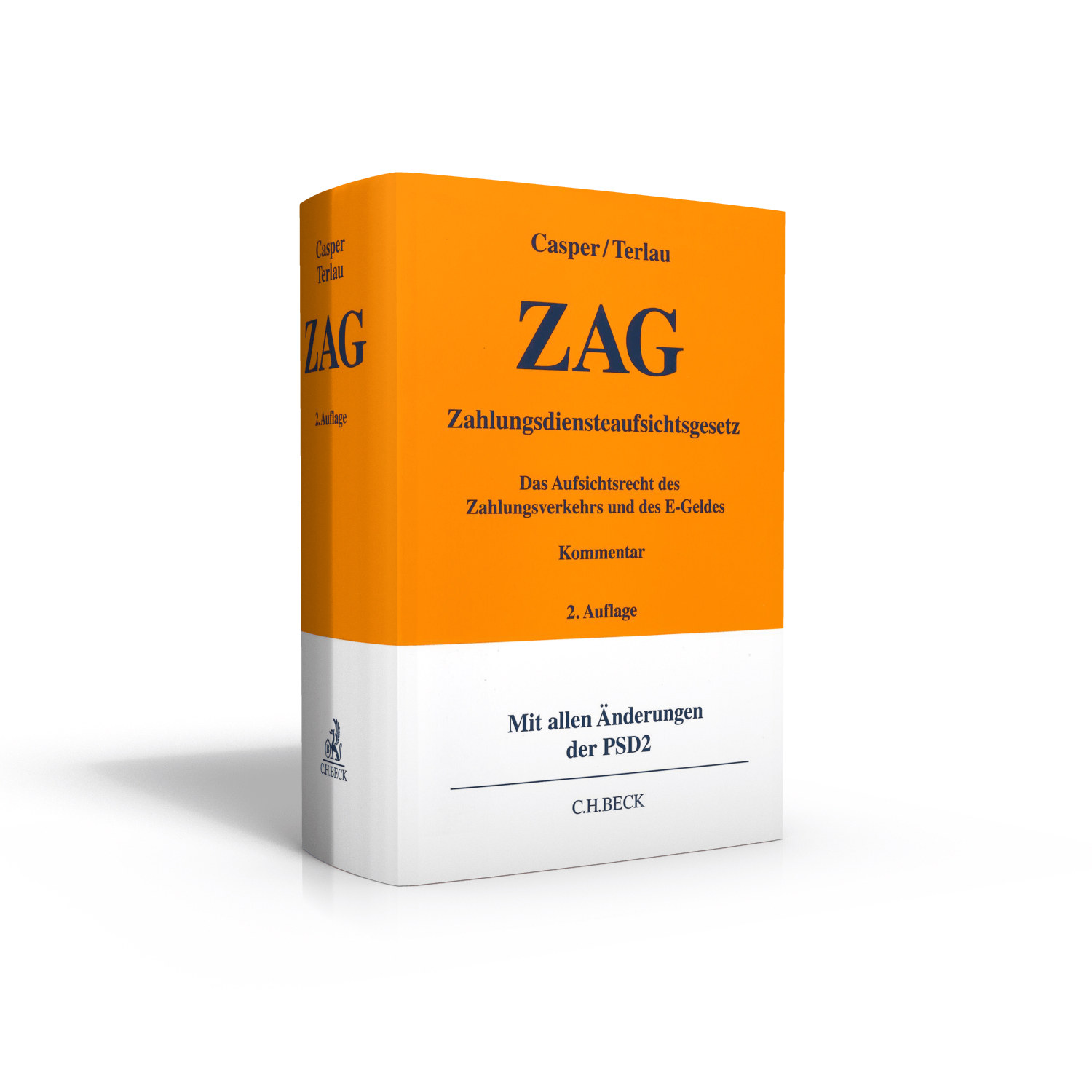Introduction – What is PSD2?
On 24th of July 2013 the European Commission published a proposal for a new Directive on payment services in the internal market (PSD2), repealing the previous payment services Directive from 13th of November 2007 (2007/64/EC – PSD1). PSD1 obliged the Commission to present a report on the review of the Directive before November 2012. The current proposal addresses the deficits discovered in the practice of implementation and application. It is currently undergoing the legislative process.
Previous practice of eCommerce platforms
As is generally known, the supervisory authorities have had to decide on numerous negative clearances regarding eCommerce platforms over the past two years. These were – in their own understandable interest – intending to collect payments from end-consumers for vendors of goods and services offered on the platform. In most cases these companies were relying on an exemption from the authorisation requirement created by PSD1 which applied to payment transactions through a commercial agent authorised to negotiate or conclude the sale or purchase of goods or services on behalf of the payer or the payee. However, it has become clear since summer 2012, after several cases which have also received press coverage, that the German Federal Financial Supervisory Authority (BaFin) is very reluctant to apply this exception to eCommerce platforms.
The PSD2 proposal
The European Commission has picked up on this issue in the framework of the reform. The exception applying to commercial agents has – according to the Commission – been changed insofar as it will now only apply to those commercial agents acting on behalf of either the payer or the payee, thus not for those acting for both the payer and the payee. The exception currently contained in PSD1 is – in the opinion of the Commission – increasingly being used by eCommerce platforms acting for both the vendor (payee) and the purchaser (payer). This went beyond the purpose of the exception as envisaged by the Commission which is why a further specification was considered necessary.
Ultimately it is however to be noted that the wording of the exception for commercial agents in the German version of PSD2 has not been changed compared to PSD1. What has been changed is recital 11 which now explicitly exempts eCommerce platforms from the scope of the exception created for commercial agents. Thus the opinion of the BaFin and other supervisory authorities has prevailed.
Impacts for practice
In Germany there will be little changes to the current practice. Generally, no other exceptions will be available. A further exception made for debt collections – as laid out in a guidance issued by the BaFin on 22nd of December 2011 – might prove useful to some companies. However, eCommerce platforms wishing to collect payments will often be confined to the so-called “reseller model” or the cooperation with a bank or a payment institution. The latter raises questions regarding technical compliance with anti-money laundering provisions.
However, caution is recommended when developing and interpreting the exception for commercial agents. With regards to legal policy it is necessary to closely examine all online procurement models. The overall aim of the European Commission and local supervisory authorities is to encompass trading platforms on which vendors and purchasers alike can offer and follow their planned transactions more or less anonymously. This is aimed at platforms such as Lieferheld, a German platform where customers can order food from a wide range of local delivery services.
Finally, it is to be noted that the regulation does not aim to encompass such business models in which the principal is in close contact with the operator of the platform, has chosen that operator of the platform with due care and has previously examined its creditworthiness. In such cases the exception for commercial agents might also be justified in eCommerce sales.









